Last Updated on July 13, 2023 by Rachel Hall
Relationships Are Full of Emotional Honesty. Can we Take These Opportunities to Become Closer to Our Partners and Maybe Find a Way to Heal Some Old Wounds
Relationships can be funny for our emotional states. We open ourselves up to being hurt, but also known and deeply loved. It’s a complicated balance, and with that in mind, it’s easy to see why some people choose to stay single. On the other hand, we don’t really get to decide if we fall in love – it just happens. Being in a relationship won’t necessarily heal trauma or improve emotional well-being, but it can start to help.
What are you healing from?
To begin with, you’ll need to identify what you need to heal from. If it’s a bad breakup or a toxic/abusive relationship, I would strongly recommend staying single. You need some time to focus on yourself before you get involved with anyone else, otherwise, all the issues from before will stay unresolved and fester. Spending some time with friends, reconnecting with family, trying hobbies and treating yourself kindly are all things I’d recommend for break-ups. For trauma from an abusive ex, I’d suggest all of those things as well as therapy, so you can work carefully through the difficult issues. Good psychotherapy and trauma treatment are hard, and healing is not linear, but it’s worth it in the end.
Healing from non-romantic interactions.
There are other things, little hurts and knocks which we get from life, which we often start to articulate when we’ve emotionally opened up to another person. You might tell a partner about an adverse childhood experience or a fight with a friend or a problem at work, and find that this brings the two of you closer. Learning about another person and sharing secrets with them is really cathartic and can help to forge a strong bond, but of course, you can’t force it. Afterwards, you might find that the emotional knock feels better and that you have, in a sense, healed from the experience.
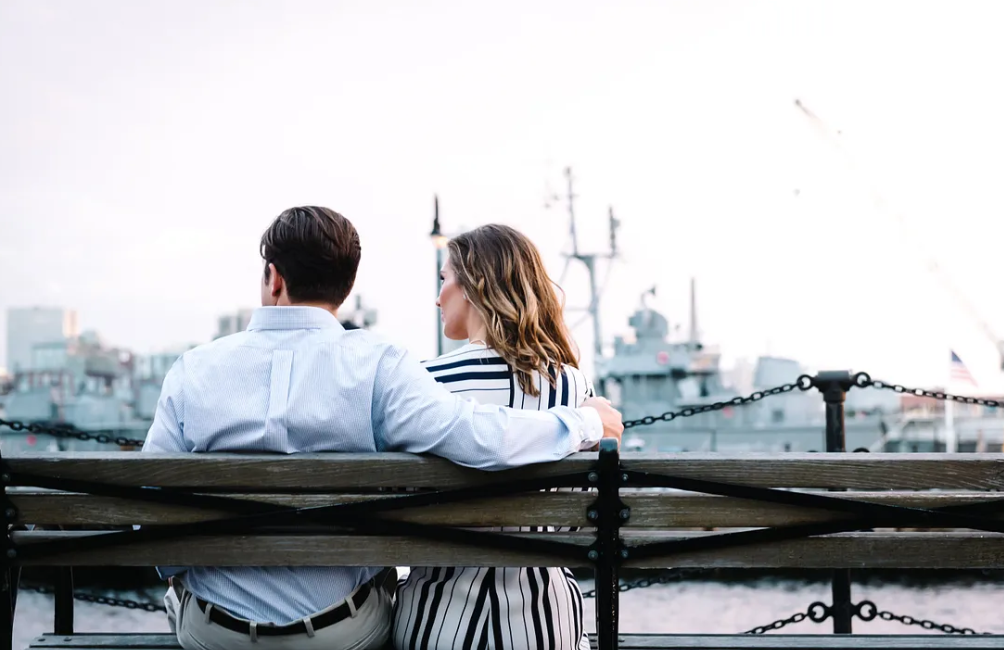
Make someone feel better by hugging them, if they’re ok with that.
Because my love language is physical touch, when I feel connected with a person, I tend to hug them or hold their hand. This would follow naturally after I’ve shared a secret or unburdened myself to a partner. I’m sure that lots of scientists have attached wires to people’s heads to monitor brain activity after affection, and I don’t know about that side of things, but what I will say is that reaching for a partner and showing them affection certainly makes me feel better. Hopefully, it’ll do the same for them, too. Exactly how you like to show affection will vary from relationship to relationship – I know people who love to have their backs stroked or their hair played with – but ultimately, it’s about understanding and reciprocating.
Tell someone when something isn’t ok.
There’s also the importance of validation. When a person shares something for the first time, they’ve probably spent a lot of time thinking about it and trying to work out if what happened was ok. Abusive partners will often try to gaslight people into thinking that something didn’t happen or was misunderstood or any number of other things, so the memories become jumbled and you doubt your own experiences. If someone starts telling you about something which may have been abusive, listen to them, be kind and clear, and assert that it was wrong for this to have happened. Sentences like “That’s not ok” or “I’m sorry that happened to you” are often good places to start. They might seem simple, but they’re often what someone needs to hear.
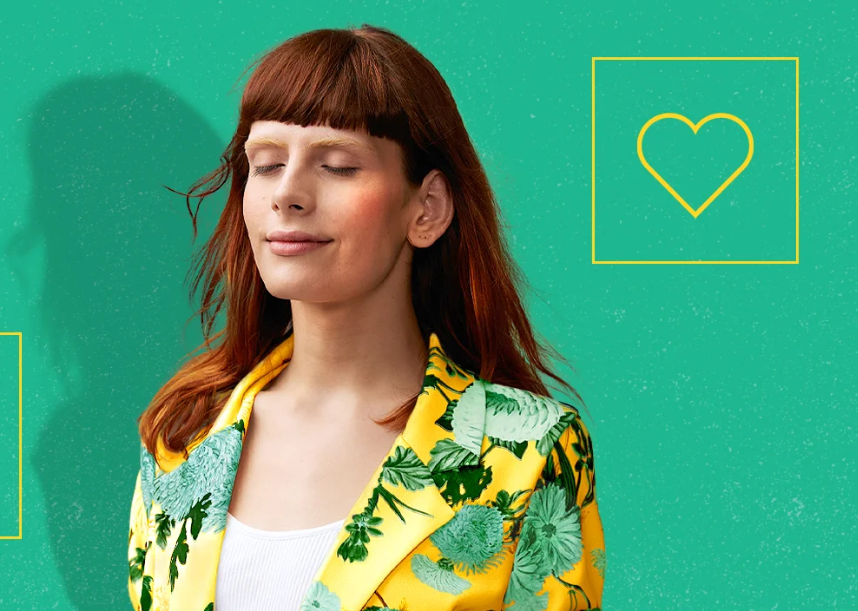
Conclusion.
Relationships can be messy and complicated. At their best, though, they allow people to be open and honest and allow people to feel better after a rubbish time. Everyone has had an event that they’ve struggled with, from previous intimate partner violence to emotional eating to bullying as children. So although romantic relationships won’t automatically heal all hurts, in the right situation you can start to explore what happened and have someone make you feel better.

Rachel Hall, M.A., completed her education in English at the University of Pennsylvania and received her master’s degree in family therapy from Northern Washington University. She has been actively involved in the treatment of anxiety disorders, depression, OCD, and coping with life changes and traumatic events for both families and individual clients for over a decade. Her areas of expertise include narrative therapy, cognitive behavioral therapy, and therapy for traumatic cases. In addition, Rachel conducts workshops focusing on the psychology of positive thinking and coping skills for both parents and teens. She has also authored numerous articles on the topics of mental health, stress, family dynamics and parenting.

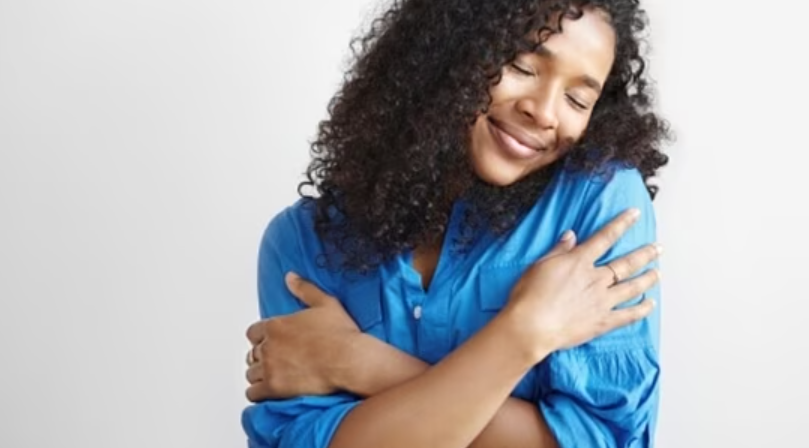
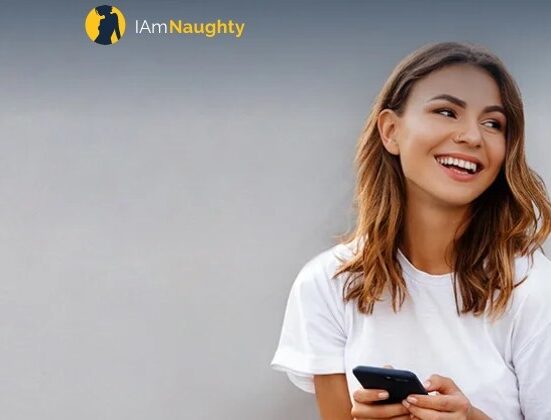
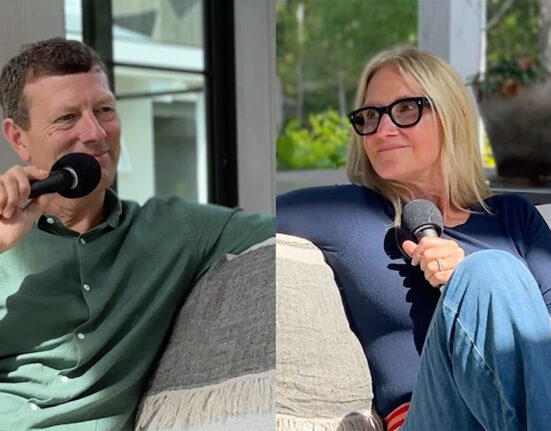

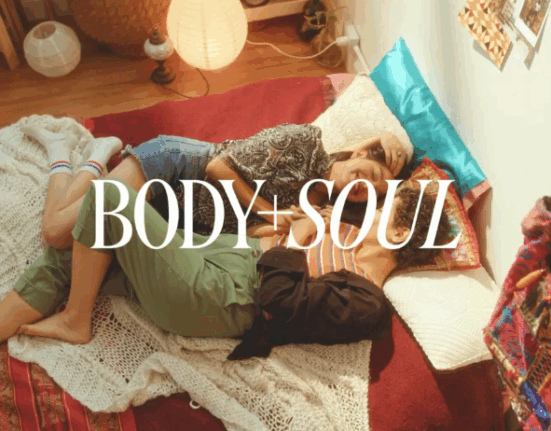
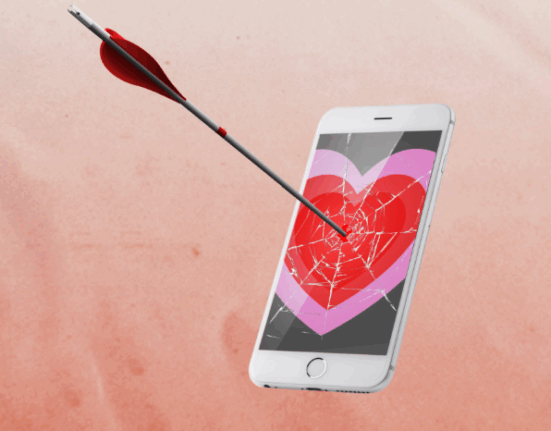
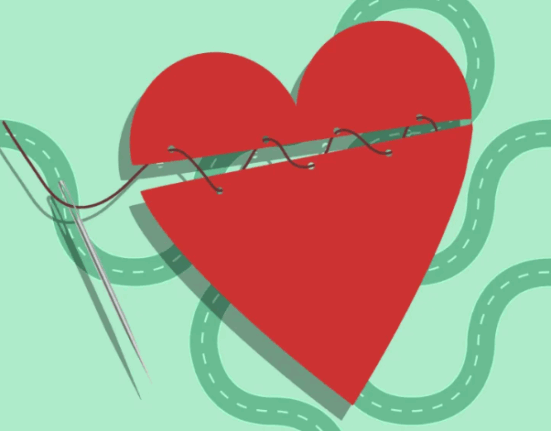
Leave feedback about this